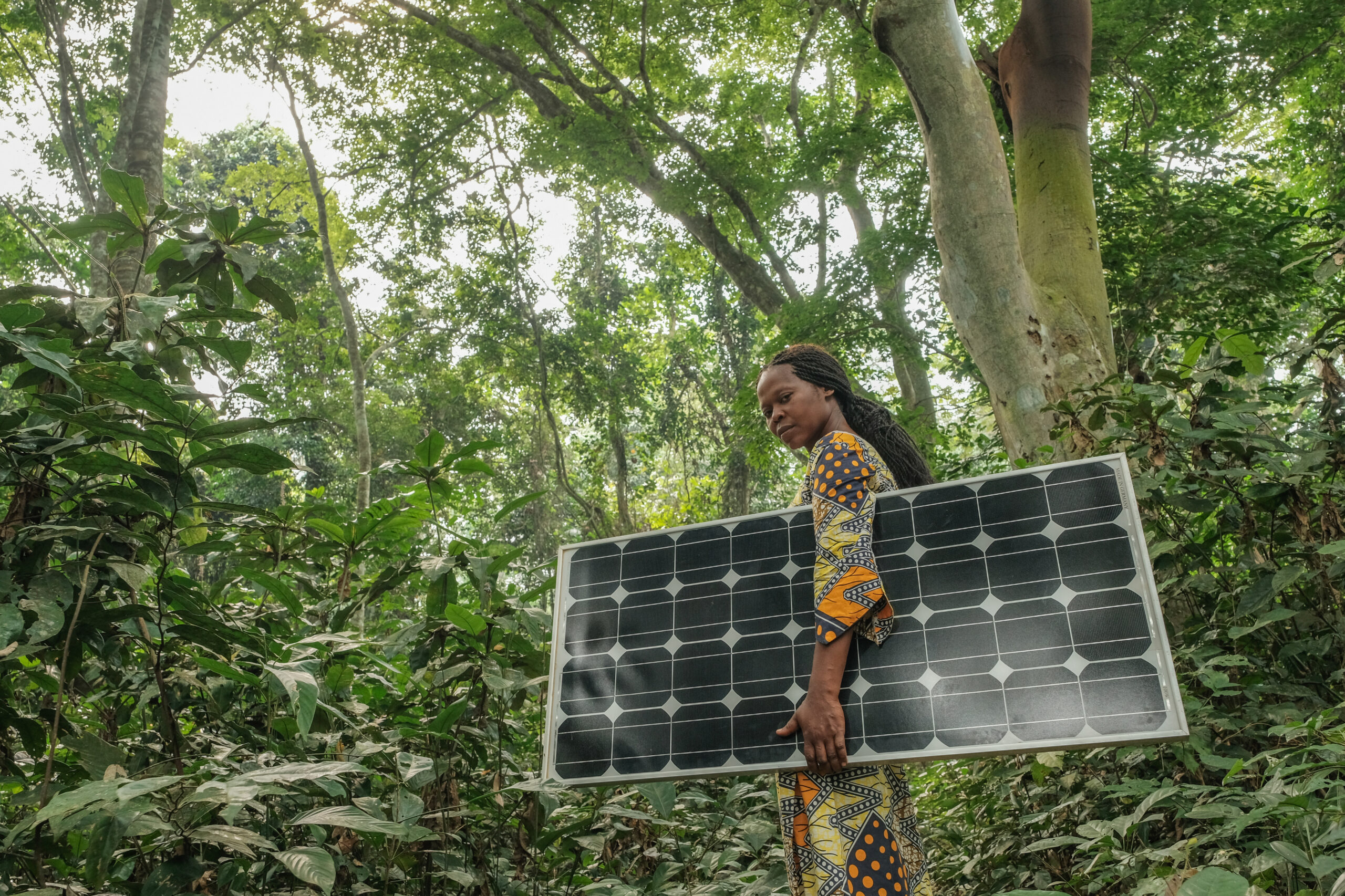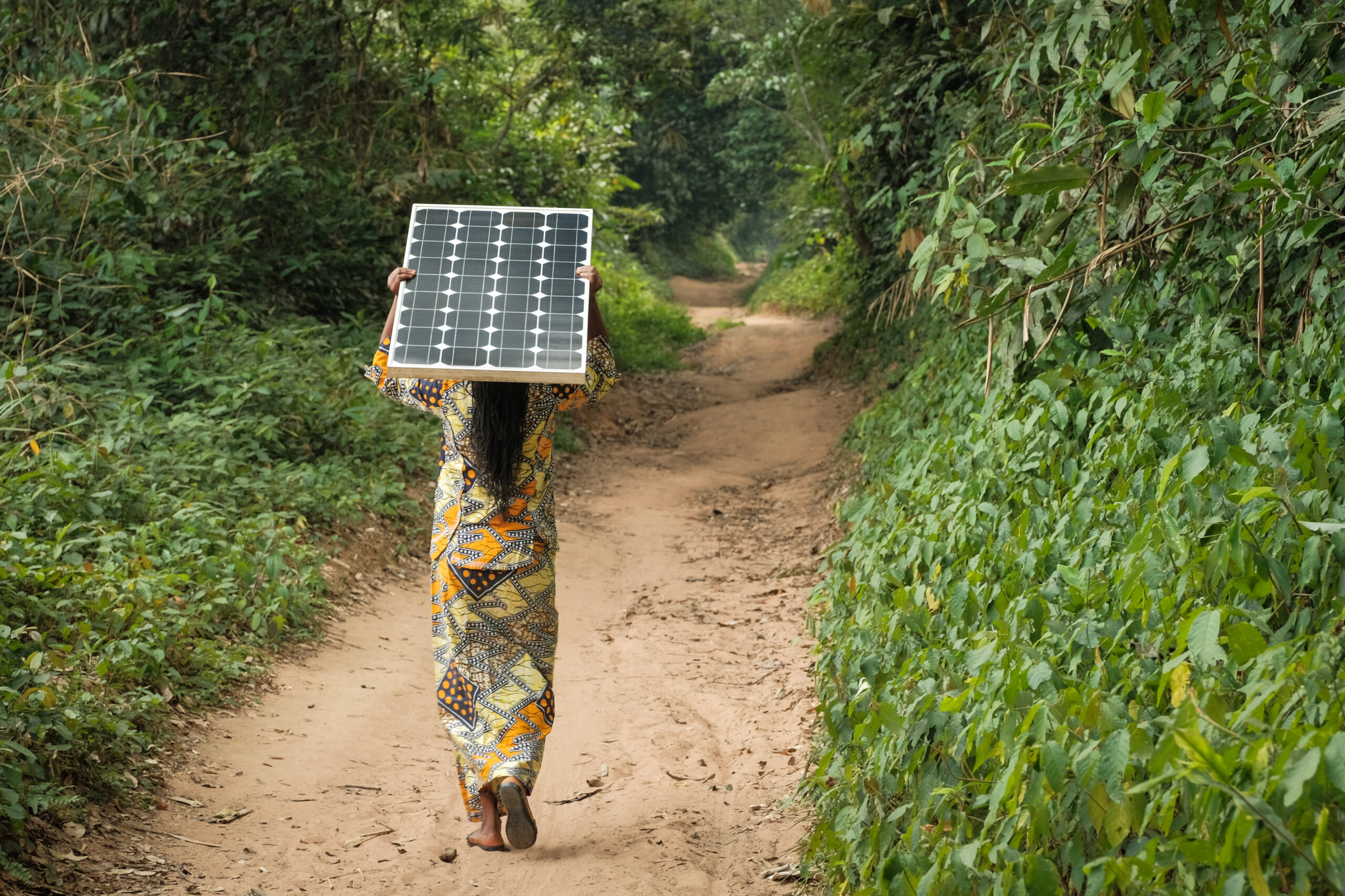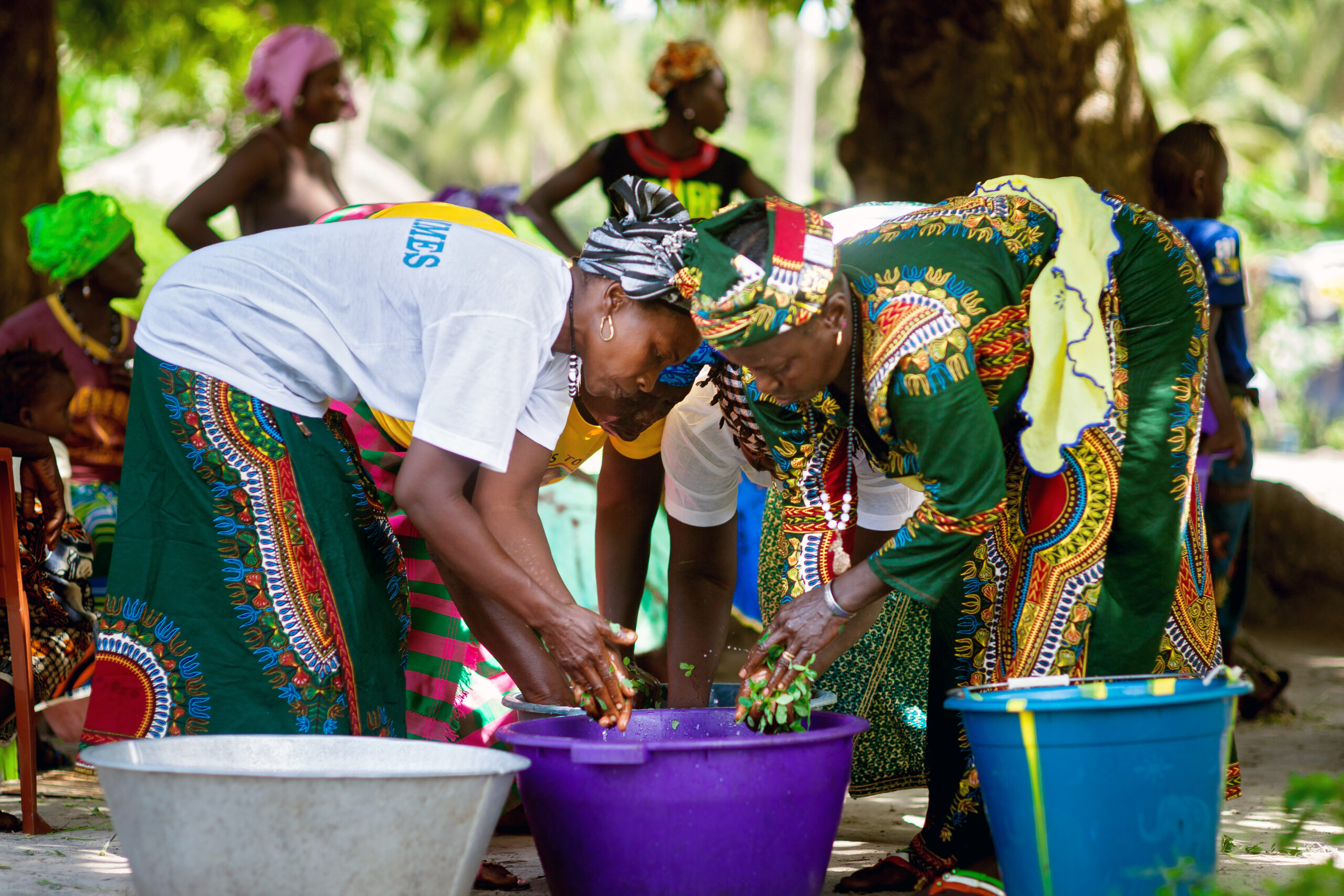Women’s Empowerment through Renewable Energy (RE) Powered Decentralized Lift Irrigation Systems in Bhutan (WERELIS – Bhutan)
This project seeks to deepen understanding and uncover the potential of utilising renewable energy-powered lift irrigation systems while empowering women entrepreneurs. Its objective is to contribute to Bhutan’s food self-sufficiency and promote women in renewable energy by assessing the scale and scope of this opportunity.
Further, it will analyse the technological longevity and contextual appropriateness of these systems. It will also analyse their gender-inclusive impact and uncover the specific community-level barriers women face regarding their full and equitable participation in a gender-responsive RE transition in the irrigation sector, as well as the opportunities for equity such a transition could provide.
This project will provide decision makers with the tools to deploy these systems at scale, build technical capacity to integrate gender considerations into the approach, and develop a potential business model for broader adoption of the technology.
Agriculture employs 60% of the Bhutanese population, of which more than half are women. Agriculture’s share of Bhutan’s GDP has been declining steadily, due to several climatic, environmental and socio-economic factors, and self-sufficiency in staple crops is increasingly threatened. Currently, only 16% of cultivable land has access to irrigation. Expanding irrigation could significantly increase agricultural productivity.
Gravity-fed, open channels dominate current irrigation practices in Bhutan. These are seasonal and vulnerable to climate change. Due to the country’s mountainous topography, irrigation water is often lifted from the source. However, considering its abundance of fast-flowing river water, it is also a potential source of renewable energy (RE). Current plans for development of this resource lack an acknowledgement of gender-inclusive and gender-responsive strategies to implement and upscale these technologies.
project
Location
Bhutan,
Credit: Formation, Recherche, et Environnement dans la Tshopo (FORETS), Democratic Republic of Congo by Axel Fassio/CIFOR via Flickr, CC BY-NC-ND 2.0 https://flic.kr/p/M4bV7G

T20 Side Event: Powering change: Women, youth, and the clean energy revolution
Thursday 12 June 2025
Watch again In this virtual panel event, we will bring together experts from various regions to address a critical challenge of our time: ensuring that women and youth are not left behind in the global transition to clean energy. Gender equity needs to be at the centre of clean energy policies or women will become […]
Woman carrying a solar pannel near Yangambi, DRC. Axel Fassio/CIFOR via Flickr. CC BY-NC-ND 2.0 https://flic.kr/p/286BAUy

Powering Change: The Critical Role of Women and Youth in Sustainable Energy Transformation
9 April 2025
How do we build economic systems that recognise and work within the biophysical limits of our finite planet while simultaneously reducing poverty and inequality? This has become a defining question of our time, and the global transition to clean energy is increasingly considered an important vehicle via which we might address this ‘trilemma.’ Concerns about […]
Guinea - Rural Women's Cooperative Generates Income and Improves Community Life by UN Women via Flickr. CC BY-NC-ND 2.0 https://flic.kr/p/Pqdj5s

Experts call on G20 leaders not to leave women and children behind in the clean energy transition
17 June 2025
As global challenges in clean energy adoption intensify, a compelling conversation unfolded during a virtual panel event, “Powering Change: Women, Youth, and the Clean Energy Revolution,” bringing to the forefront the urgent need to prioritise gender and youth inclusion in the clean energy transition. This event was hosted as an official side event for the […]

